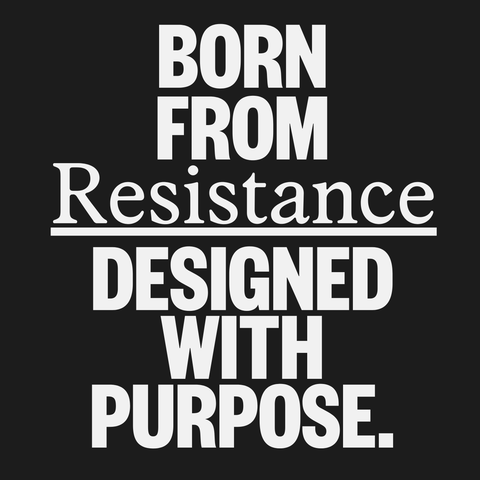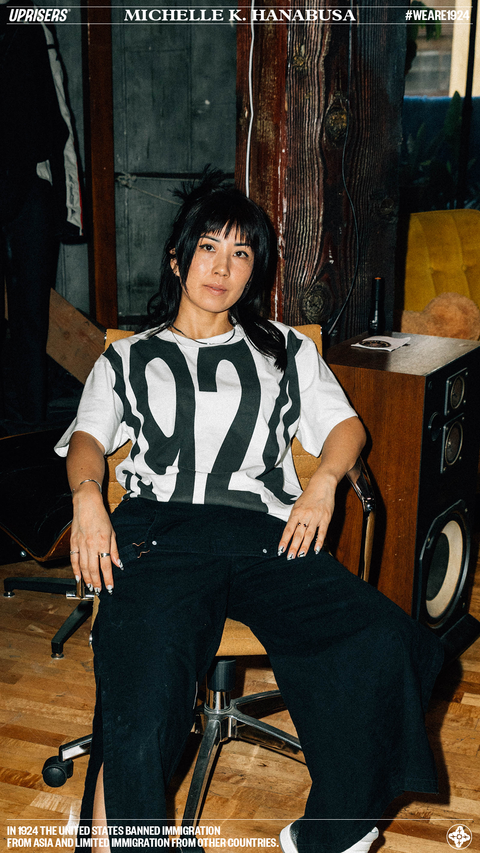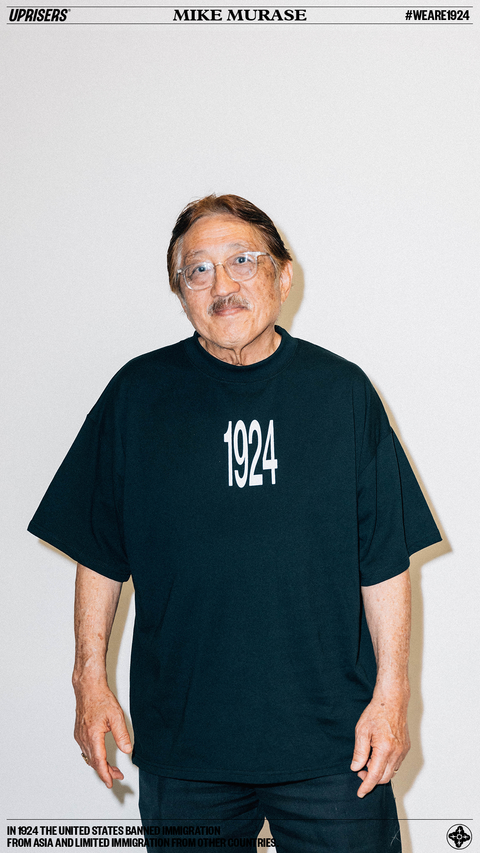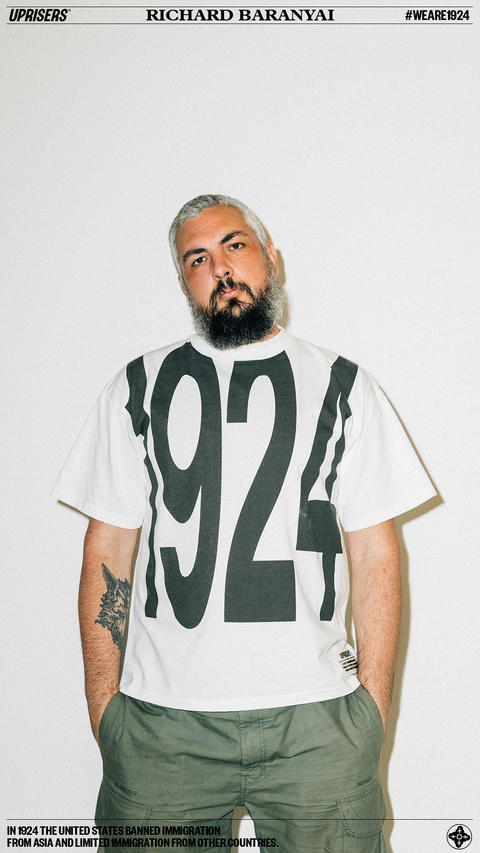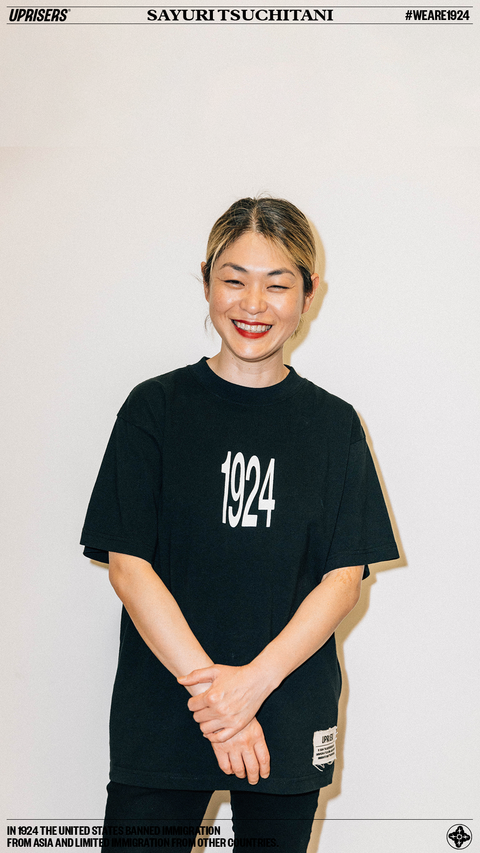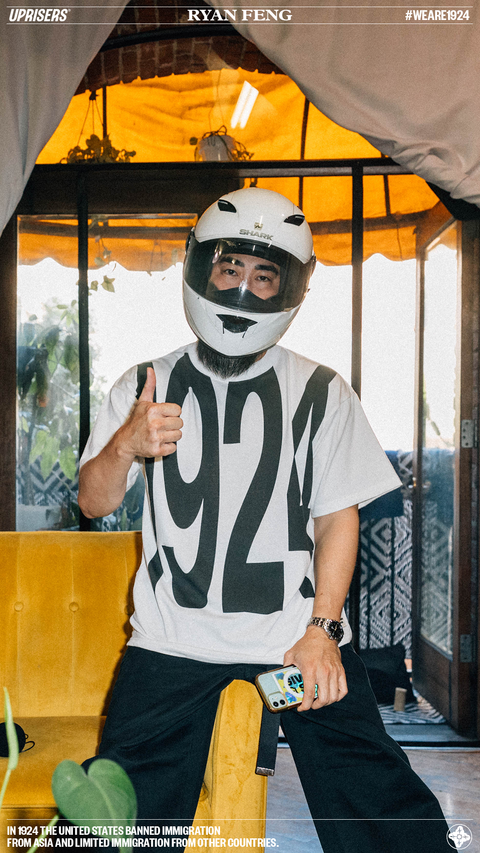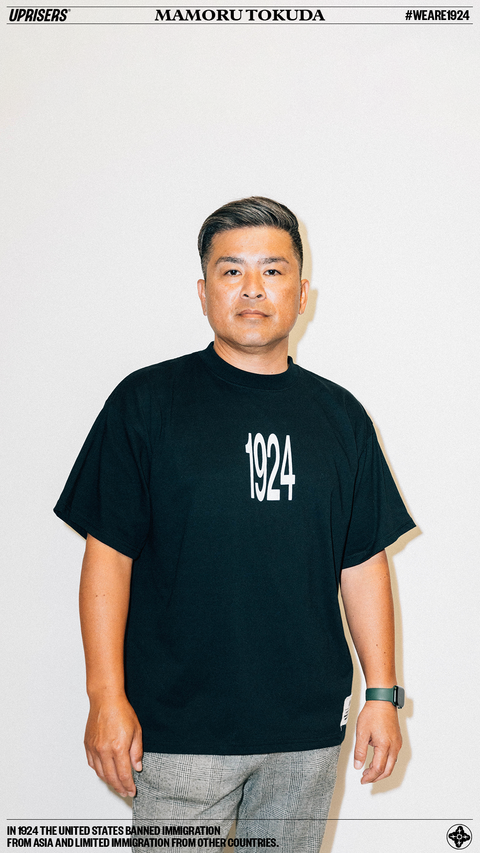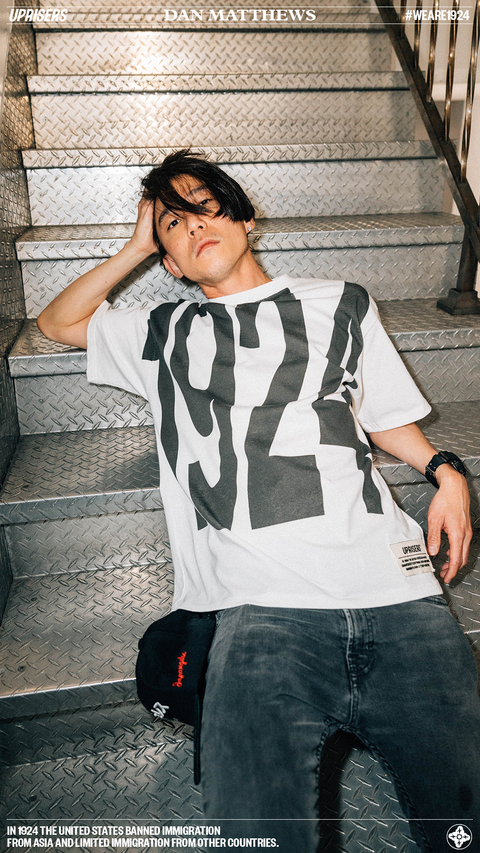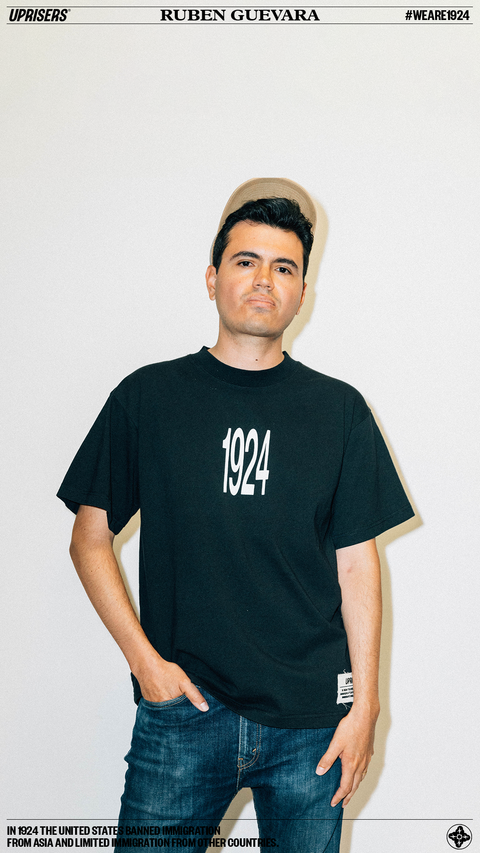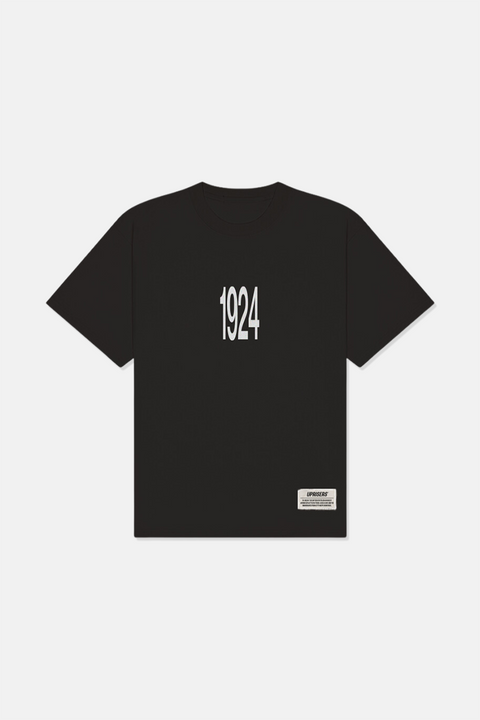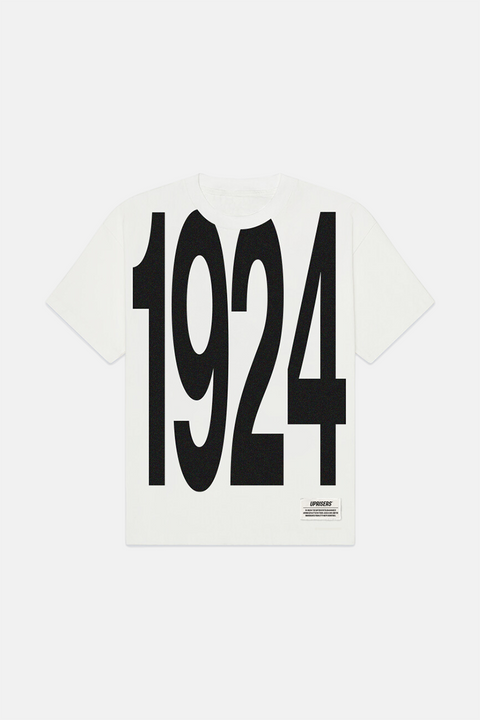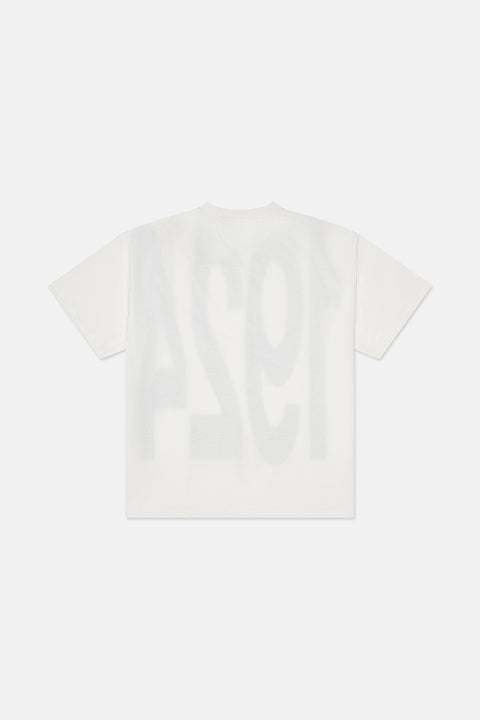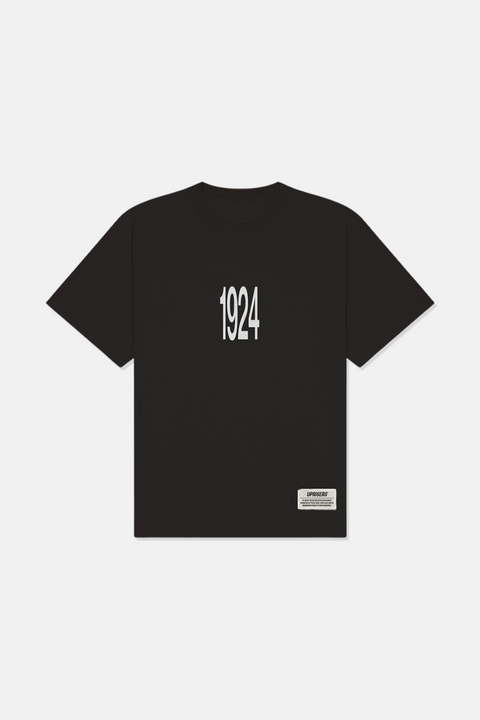
WHAT IS YOUR IMMIGRATION STORY?
I was born to a single mother in Korea in 1982. And this is all background that's been told to me through my adoption papers and secondhand. I don't know exactly what happened, but from my understanding, she was dating my father who was in the military. She found out she was pregnant and attempted to raise me for probably around 7 to 8 months. After that she decided that she was unable to care for me anymore so she gave me up to an orphanage in Busan, Korea. and then I was transferred to another orphanage in Seoul and moved into a foster home. And not that long after that, I think probably less than six months, I was adopted by a family in the United States. I flew to the United States with a guardian, arrived at JFK airport, and my adopted family picked me up there.
I grew up in kind of a white suburban area. I love my adopted family. Very loving. They were and are great people. I would say it was definitely challenging to grow up in an area where I was really one of the only Asian students in my school. So I would say I was never really comfortable with my identity growing up, both being Korean but also being adopted. I would say I was popular. I had friends but I was never really comfortable in my own skin. It was really difficult to not be able to identify with anyone else as a child, and then come home and my family is very different and not being able to really speak about the kind of challenges that I was facing. It wasn't until I got older and went to college that I was exposed to more people of color and more people of different ethnicities and cultures.
But at that time, it was still really difficult because I didn't really fit in with second generation Asians because I didn't have any exposure to my culture growing up. I didn't really know anything about it. And so I was in between where I didn't fit in with white people but I also didn't really fit in with Korean or Asian people. And it was still really difficult to figure out where I belonged, right? The intersectionality of being Korean and also being adopted was really complex for me. I tried joining some online groups for Korean adoptees and it was helpful to know that there were other adoptees out there, but also everyone's experience is so unique that I also had trouble identifying with even them.
WHAT DOES YOUR CURRENT JOURNEY LOOK LIKE?

It really wasn't until my 30s that I really became more comfortable in my skin and started to embrace who I am. I also visited Korea for the first time. I visited the orphanage that I had been in which was a really interesting experience for me. Standing in front of this building, my orphanage, and recognizing that I had actually been here before. It looked like a building I had never been to. It wasn't familiar to me at all. And to know that I actually lived here at one point was really, really interesting. When I was there, I actually saw a Korean child being shipped out by their adopted parent, which was extremely emotional. And just from that point on, I think I was able to touch that part of me a little bit more that maybe I had suppressed a little bit and thinking about my adoption, thinking about where I came from and becoming more comfortable with it and more curious about it. And I also really attribute living in New York City as well to this evolution. I don't think that I would have gotten to this place or maybe it would have taken longer if I still lived in my hometown.
New York City is so amazing to be exposed to so many different cultures and so many different people. I feel like it's just a place where you can really kind of own who you are and own your uniqueness. And then when I was 36 I got out of a long-term relationship with someone who I actually met in my hometown. And then met after that I met a whole new group of friends and a lot of new people of all different races and all different cultures. I started to experience life in a different way and was able to see my childhood through a different lens. It's been a long process and a journey for me. Even now I'm still kind of evolving and getting to that place. I'm finally at a place where I'm really comfortable saying that I I'm comfortable talking about my adoption experience and I'm really proud to be who I am.
REFLECTIONS

To be honest, I'm not 100% sure when I think about that. I'm really, really happy that I am more comfortable and confident in who I am and my history. Being adopted, there's this whole kind of mystery piece that I haven't uncovered yet: do I want to meet my birth parents? Is that something that I want to pursue? What does that look like? If I were able to find them, what kind of relationship do I want to have with them, if any? It's a lot to think about and ponder and to try to make sure I'm making the right decision for both me and them. And it's not something that I've come to a conclusion on yet. I am certainly interested in getting more in touch with myself and thinking about the relationship that I'll have if I have birth children or if I decide to adopt. What does that look like and what is my history and my past how is that going to influence the type of relationship I have with my kids? It's something that I'm still very much figuring out, but that plays a role and influences everything that I think about and that I do. There's still a lot of question marks and I'm still figuring it out.

